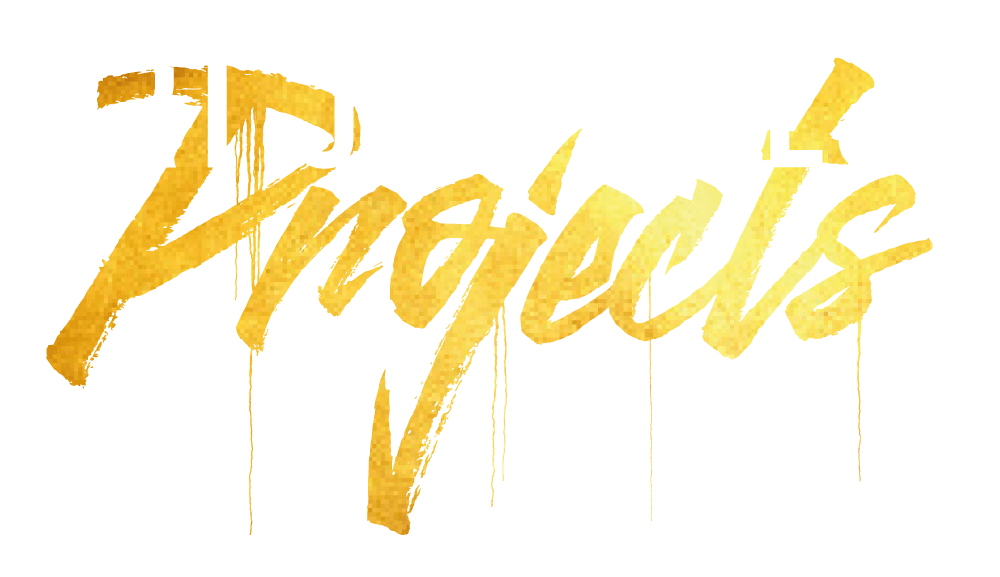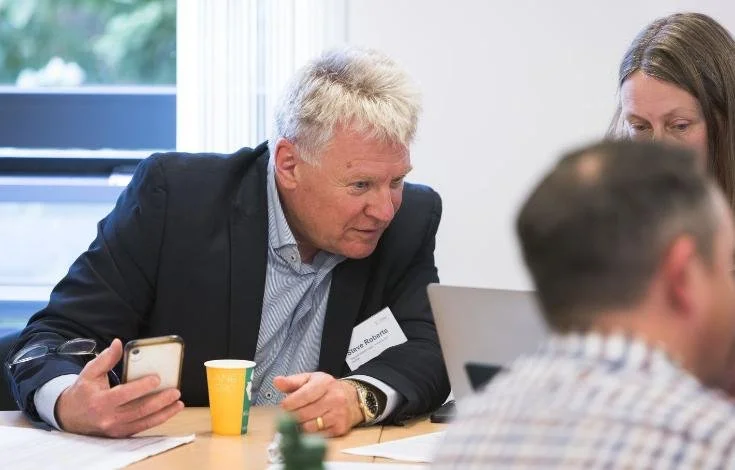Running out of STEM? Need more STEAM!
There’s a lot of talk in education and careers circling about whether it’s time to introduce an A into STEM (Science, Technology, Engineering and Maths) to create a new STEAM curriculum in our schools (A representing Arts). So, it was a great privilege to have a guest observer at our recent York High creative learning workshop.
Steve Roberts is a science enthusiast, business leader, entrepreneur, passionate physics teacher and educationalist. He came along to see what Art of Protest were bringing to the table in terms of unlocking Creativity and Confidence amongst our group of Year 6 pupils. It’s not every day we get a real scientist to check us out! Whilst he was with us, we took full advantage of finding out what he thought.
Steve Roberts
AoP: Speaking as an educator, why is it that science and maths (aka STEM) have become so dominant in our current school curriculum at the expense of many other learning opportunities? And do you think that is right?
Steve: There’s no arguing that our economies are taking an increasing focus on the exploitation of technology. Areas such as e-commerce, Cyber, data science, advanced manufacturing and AI are all necessary to drive our future and this places a greater need to ensure we have both a numerate and ‘problem-solving’ working population. At the heart of this is the need for the future workforce to be mathematically ‘savvy’ with an understanding of where and how maths impacts our lives. When it comes down to it everything in our society is fundamentally applied mathematics, particularly within subjects such as Physics and Chemistry.
AoP: What dimensions do you think that Creative Learning can bring to our education system and what is important about it?
Steve: There is a growing realisation in the UK education that the current STEM system maybe does need to evolve into a STEAM system - whereby A is the ‘arts’. Undoubtedly Maths and Science will give you the tools to have a successful life and career but there is something in the area of Creative Arts which offers us a more expansive way to approach and solve problems. The Creative Arts allow for more risk-taking, self-expression and ‘outside the box’ thinking. These are all important attributes we need when tackling intractable and unpredictable problems. Probably the most important mindset that Critical Creative Thinking brings to education and learning is that there is no right or wrong answer. This is a very different notion to science-based subjects. This can therefore foster greater confidence in young people, encouraging them to ‘have a go’ and not be frightened of making mistakes. Something that is not usually the case within the average classroom and certainly not the science ones!
AoP: What do you think about the ideas behind moving from STEM to STEAM as an educational ethos? And how might that work?
Steve: Having that ability to ‘think out of the box’ and not be bound by the mantra of ‘you cannot do that’ are important qualities to embed in our approach to learning. This will help ensure that our society develops with an open mind and a progressive way of tackling the world’s biggest problems – focusing us more on improving lives and life outcomes – rather than just arriving as fast as possible at a so-called ‘right answer’. I certainly see a growing trend right now towards the integration of Design and Technology with Computing - and this is already starting in the early years of primary. But there is a long way to go to truly integrate creative learning into our mainstream teaching.
Students at York High proudly display their artwork during a Creative Learning Workshop delivered by Art of Protest.
AoP: You have personally attended and observed Art of Protest delivering a Creative Learning workshop in a school environment. What did you observe and what did that make you think about the potential for a different way of approaching teaching and learning?
Steve: Many of our young people today can lack confidence for numerous reasons: chaotic home life, the ever-changing pressures of societal issues such as smartphones and social media, and fear of the future - so they do not always fully participate in school-based learning. Teachers are constantly raising the issue of low attendance and poor participation by students within the classroom. What I saw whilst attending the workshop at York High was Art of Protest’s methodology and pedagogy in action. It seemed to quite naturally provide the learning environment to allow students to easily get involved without any sense of obligation or fear – regardless of whatever skills and knowledge of the subject one might have. It promoted the idea that there were no right or wrong answers and there are no wrong decisions to be made. Only choices to explore. So, students were liberated to ‘have a go’.
I also observed the guys creating the conditions which encouraged teamwork. This is again something that perhaps mainstream education can take note of. Teamworking is something that students need to develop to get ahead in their lives and careers. We have we all gone on courses where the trainer will have an ice breaker to get strangers talking and working together. Essentially this is what the Art of Protest team is bringing into the classroom – a freedom to be yourself. Where this might link back to the STEM-STEAM discussion, is that many of the projects that typically AoP will do require the knowledge about things like materials, volumes three-dimensions, scale and the cost of doing stuff…which are all applied maths skills and these are important for the future workforce. The other area I saw unfold in the AoP workshop was confidence-building. As mentioned earlier, this is something that can be in short supply, particularly among disadvantaged students. Often if they lack confidence in the classroom, they can cover up for that by playing up and being disruptive or simply disappear into the corner of the classroom.
The students at York High during a Creative Learning Workshop delivered by Art of Protest
AoP: If you were appointed as Minister for Education after the forthcoming election, what would you do to transform our approach to education and where would Creative Learning as a discipline fit into that?
Steve: Should I be in that esteemed position, I would firstly focus on integrating maths into every subject, so students can grasp its importance in every area of learning. I would continue to build on the early work of integrating subjects such as computing and D&T – looking for new ways to bring creative learning techniques into play alongside maths.
AoP: What difference do you believe having a balanced approach to learning by including more of an emphasis on creative thinking would bring to student attainment, career prospects and the world of work in the future?
Steve: Quite simply - business needs creative thinkers and entrepreneurs. Minds who can take that extra leap into the unknown without fear. It’s how we as a country and a set of industries can stay ahead of the competition. But also, this applies to the delivery of public services and solving societal issues. We need to be smarter about how we do make things happen as the population continues to grow whilst we face resources becoming scarcer. It links back to the problem-solving dimension again.
AoP: And finally, Steve - what creative pursuits do you have yourself, outside of the world of maths and physics? And how do those make your life more interesting?
Steve: I’m afraid this is probably going to sound very sad. But… once you understand that everything in the universe we know and we believe in, is all about Applied Mathematics you kind of don’t need to look much further than that. I am on a personal journey to learn more about how our world works (as a physicist). I see physics as being the music of the universe and it’s more profound than any of us realise.
But I’d also like to think my wife would say I am pretty handy at DIY and interior design at home! There have been a few people in my life comment that my approach to accounting and finance is quite creative!! Not sure if they count? I might need to come to a few more of your creative learning workshops!
Steve Roberts works to connect businesses with education, ensuring schools adapt their curriculum. He is a proud member of the Institute of Physics.





